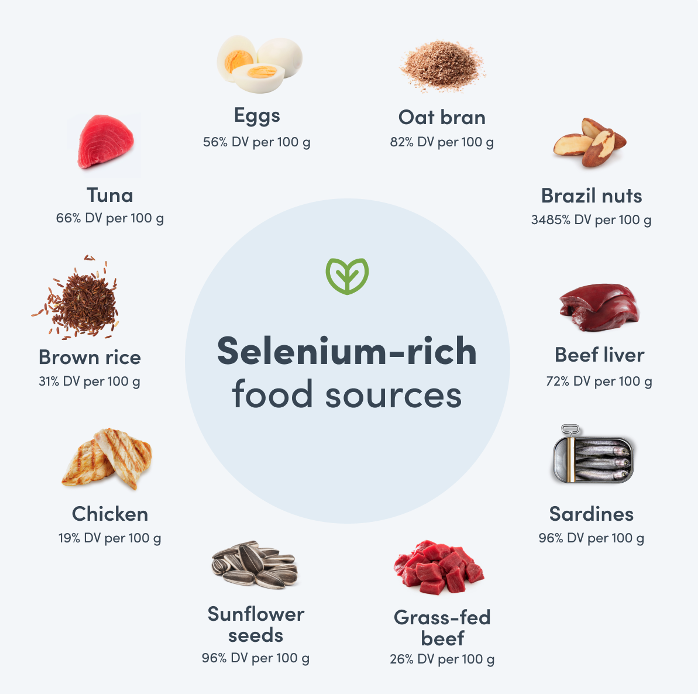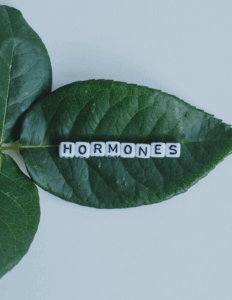“You are what you eat” – an idiom so often associated with gut health but it also holds true for thyroid function and metabolism, although not necessarily in the way you might first suspect.
In the context of thyroid function, “metabolism” means the amount of energy your body needs for all cellular activities within it. So if your thyroid is functioning sluggishly, every cell in the body is impacted, leading to a wide range of consequences. Everything from fatigue, weight gain and constipation to depression and impaired memory to elevated blood cholesterol level, muscle cramps and irregular heart rate can stem from a dysfunctional thyroid.
Thyroid hormones impact almost every organ system in the body from the gastrointestinal tract to the nervous system to the heart. So what can you do to support your thyroid which does so much to support you?
The production of thyroid hormones requires optimal levels of two essential trace elements: iodine and selenium. Neither is made by the human body, so they must be acquired either through food or supplementation.
While iodine tends to get more of the spotlight when we talk about thyroid function, selenium plays an equally important role. Selenium is vital for conversion of the thyroid hormone T4 into T3 in the liver, kidneys, brain and muscles.
Selenium deficiency alone typically does not lead to disease, however it can contribute to fatigue, brain fog, a weakened immune system, hair loss, muscle weakness and infertility. A simple blood test is all it takes to either confirm or eliminate selenium deficiency as a cause of those symptoms.
Supplementation can be a great solution for nutrients that are hard to consume through diet alone. Fortunately selenium is one of the trace minerals that can be obtained in necessary amounts through food. Selenium is found in the soil, so a wide range of both plant and animal products provide the amount you need for optimal thyroid function regardless of any dietary restrictions.
The Recommended Dietary Allowance for adult men and women is 55 micrograms daily. To put it in the context of food, that’s about ½ cup of sunflower seeds, a handful of sardines or just one Brazil nut a day. Grass-fed beef, chicken, eggs, tuna, brown rice and oat bran are also good sources of bioavailable selenium.
Along with supporting thyroid function, selenium – when combined with Vitamin E – works as an antioxidant and fights against free radicals in your body. Free radicals, which are particles in the body that come as a result of environmental stressors such as pollution and UV rays, can damage cellular membranes and DNA. This damage speeds up the aging process and is a contributing factor to things such as heart disease and cancer. Sufficient levels of selenium in your diet can help combat that.
In the, at times, complex world of nutrition, every once in a while the simplest solution is also the best one. Adding foods rich in selenium into your diet – which are so prevalent and varied that it is likely you are already consuming them – is an important piece to the puzzle of optimal thyroid function.
References:
https://www.hsph.harvard.edu/nutritionsource/selenium/
https://ods.od.nih.gov/factsheets/Selenium-HealthProfessional/
https://www.mountsinai.org/health-library/supplement/selenium








